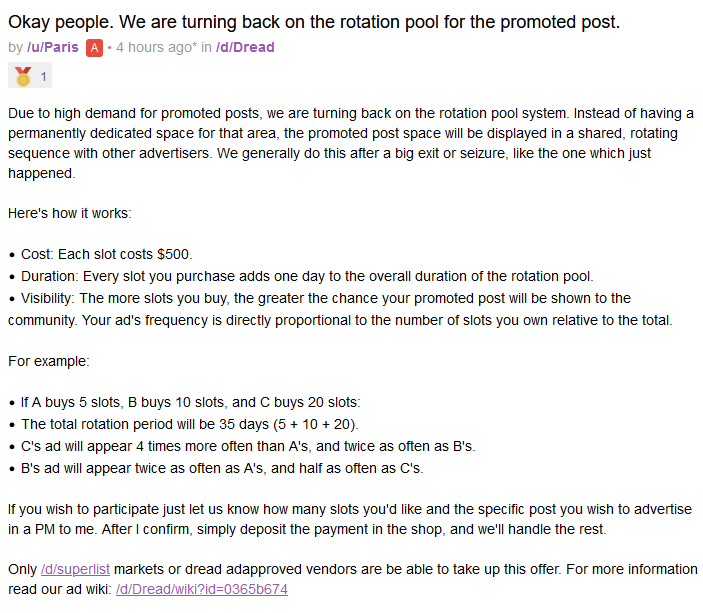Why PrivacyWall Isn’t the Private Search Engine It Wants You to Think It Is
PrivacyWall talks a big game about privacy but once you look under the hood, it's just another search engine leaning on the same surveillance infrastructure it claims to reject.

Let’s start with the most obvious red flag: they refuse to name the major search partner powering their results. It’s “not Google,” they say but that doesn’t mean it’s private. In fact, the most common “not Google” search backend is Microsoft’s Bing. And Microsoft collects IP addresses and user-agent data by default. That alone punches a hole straight through PrivacyWall’s claims of anonymized browsing.
Their own privacy policy even admits the search partner may collect user IP and browser data. That’s not harmless metadata that’s the foundation of user fingerprinting. It’s how trackers stitch together user behavior across the web. And it’s exactly the kind of surveillance PrivacyWall says it’s protecting users from.
Things get worse when you look at video search. PrivacyWall integrates directly with YouTube owned by Google through the YouTube API. That API often requires IP-level access, meaning Google gets to log the request whether you clicked a video or not. So yes, PrivacyWall routes your request to YouTube, and yes, that potentially exposes you to Google’s tracking ecosystem, even if your search feels “private.”
There’s also no meaningful clarity on how long they retain data. They say they don’t store personally identifiable information (PII), but that’s only part of the equation. They do collect aggregate data like country-level location and search stats and they don’t say how long they hold onto it. There’s no data deletion policy, no timeframe, and no stated safeguards. That kind of vagueness is how data ends up sitting on servers indefinitely.
Their cookie policy is just as soft. They say no PII is stored in cookies, but provide no audit trail, no opt-out option, and no breakdown of what cookies are used. If you’re going to make privacy a selling point, that information should be front and center.
The legal terms are written like a CYA playbook. You’re told the content is “as is,” they’re not liable for anything, and they can revoke your access to the site at any time, for any reason. There’s also a jurisdiction clause forcing all legal disputes to be handled in Puerto Rico which may limit recourse for users in other parts of the world.
Finally, and maybe most telling: there’s zero transparency about who’s behind the platform. No team page, no corporate ownership info, no names or credentials. This isn’t just an oversight it mirrors concerns already flagged in Reddit privacy circles. When a company builds its brand on trust and anonymity, not disclosing who runs the operation is a problem, not a feature.
Bottom line: PrivacyWall may sound better than most mainstream search engines, but it’s far from bulletproof. Between its dependency on untrusted third parties, vague legal policies, and lack of transparency, it’s not a tool you’d want to rely on if strong privacy or operational security (OPSEC) is your priority.
Until they open-source their code, name their search partner, ditch Google integrations, and publish a real data retention policy, PrivacyWall is just another marketing wrapper over the same surveillance pipes.
If you're serious about privacy, look elsewhere.




